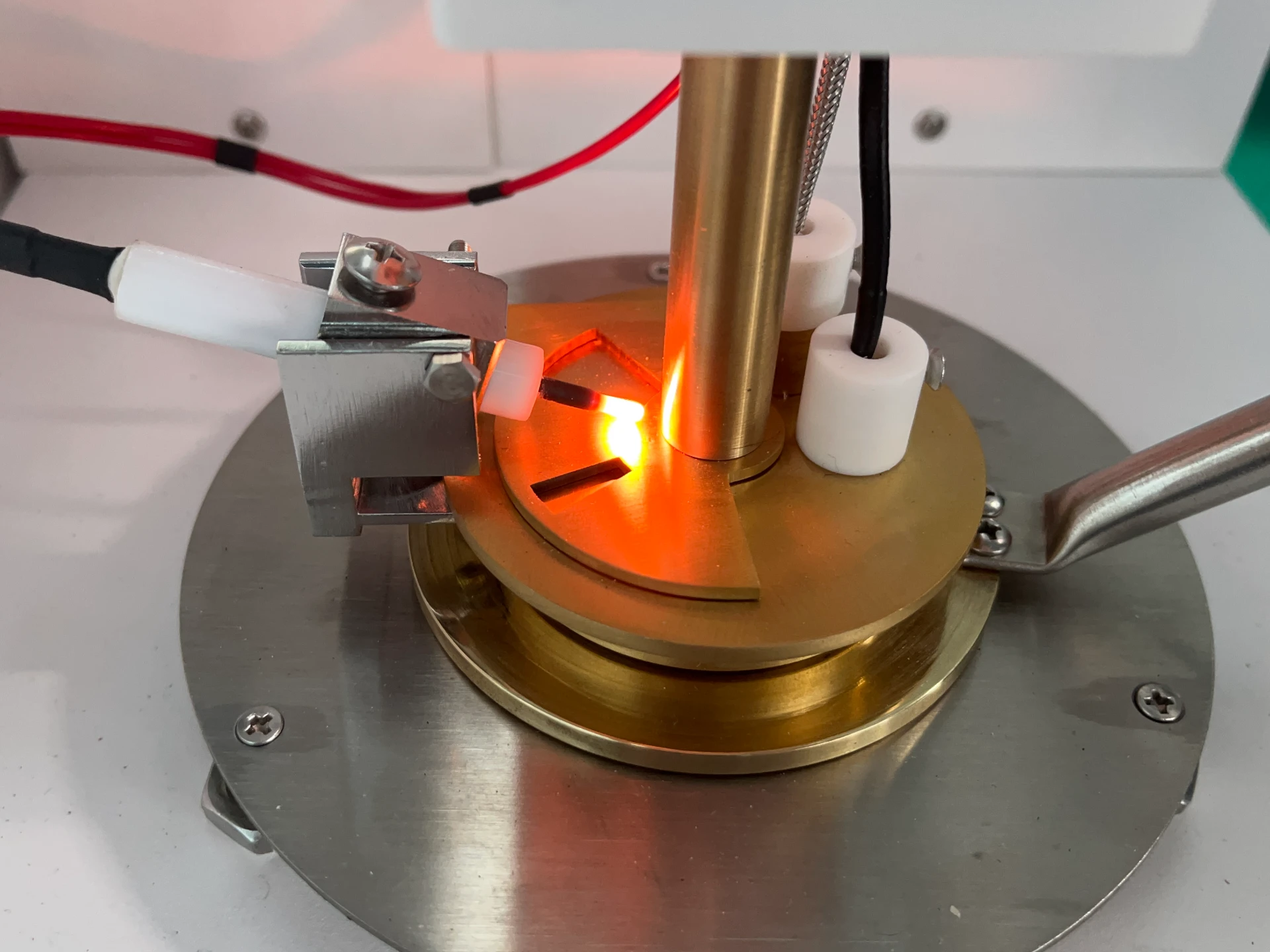 English
English


motor insulation tester
Understanding Motor Insulation Testers A Critical Tool for Electrical Safety
In the world of electrical engineering and maintenance, ensuring the safety and reliability of motor systems is paramount. One of the key tools used in this endeavor is the motor insulation tester, a device specifically designed to assess the insulation integrity of electric motors and other electrical components. This article explores the significance, functionality, and benefits of using motor insulation testers in various applications.
What is a Motor Insulation Tester?
A motor insulation tester is an instrument that measures the insulation resistance of electrical motor windings, cables, and other electrical components. By applying a known voltage to the insulation, the tester assesses how well the insulation can withstand electrical leakage. This is vital for preventing failures that can lead to electrical shocks, equipment damage, and costly downtime.
Importance of Testing Motor Insulation
Insulation failure is one of the most common causes of electrical motor malfunctions. Over time, insulation materials can degrade due to factors such as heat, moisture, mechanical stress, and environmental conditions. Regular testing helps identify insulation deterioration before it results in catastrophic failures. This proactive approach to maintenance not only enhances safety but also extends the lifespan of electrical equipment.
How Motor Insulation Testers Work
Motor insulation testers operate by injecting a high voltage (typically ranging from 250V to 1000V) into the insulation of a motor winding. The tester then measures the resistance in ohms. A higher resistance value indicates better insulation quality, while a lower value suggests there may be issues that need addressing. Most testers provide additional features such as insulation resistance measurement, polarization index, dielectric absorption ratio, and even the capability to perform time-resistance tests, which can help identify potential problems more accurately.
Types of Insulation Testers
motor insulation tester

There are several types of insulation testers available on the market, each designed to meet specific testing requirements. These range from handheld digital testers suitable for fieldwork to advanced bench models that offer more comprehensive testing capabilities. Users should choose a tester based on factors such as the types of motors being tested, required voltage levels, and desired features.
Benefits of Using Motor Insulation Testers
1. Enhanced Safety Regular insulation testing reduces the risk of electric shocks and fires caused by faulty insulation, thus promoting a safer working environment.
2. Cost Savings By identifying insulation problems early, organizations can avoid expensive repairs, reduce downtime, and ultimately save money on maintenance costs.
3. Increased Equipment Lifespan Regular testing and maintenance postpone the inevitable wear and tear on motors, leading to prolonged operational life.
4. Compliance Many industries are subject to regulations concerning electrical safety. Using an insulation tester helps ensure compliance with these regulations.
5. Peace of Mind Knowing that equipment is regularly tested and maintained instills confidence in operators and management alike.
Conclusion
In conclusion, motor insulation testers are invaluable tools for anyone working with electrical motors and systems. By regularly assessing insulation condition, organizations can ensure safety, efficiency, and reliability in their operations. As technology continues to advance, these testers will likely become even more sophisticated, providing better data and facilitating improved maintenance practices. Investing in a quality motor insulation tester is not just a good practice, but a necessary strategy for optimal electrical management.
-
Differences between open cup flash point tester and closed cup flash point testerNewsOct.31,2024
-
The Reliable Load Tap ChangerNewsOct.23,2024
-
The Essential Guide to Hipot TestersNewsOct.23,2024
-
The Digital Insulation TesterNewsOct.23,2024
-
The Best Earth Loop Impedance Tester for SaleNewsOct.23,2024
-
Tan Delta Tester--The Essential Tool for Electrical Insulation TestingNewsOct.23,2024





